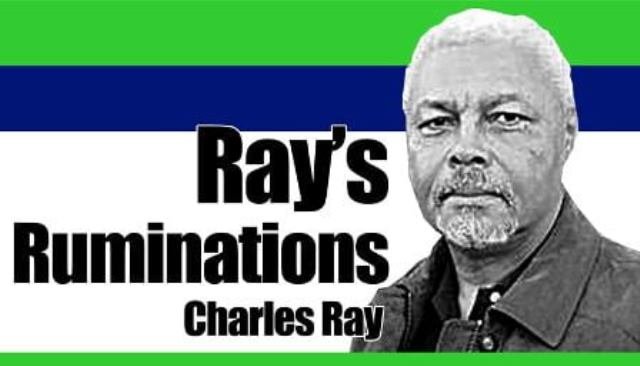
By the time this column is published the American off-year or mid-term elections will be over and people will already be complaining about the outcomes. Regardless of who wins or loses an election, a large percentage of the electorate, indeed, of the populations at large, is unhappy with the results.
Unfortunately, when I hear people complain about electoral outcomes, the first question I ask is, ‘did you vote?’, because in general since 1932, less than 60 percent of people eligible to cast a ballot have actually gone to the polls and voted. Oh, there have been years of high voter turnout; in the 2020 teneral elections, for example, nearly 67 percent of eligible voters voted, and in the 2018 mid-term elections, 53 percent of the voting age population cast ballots, the highest mid-term turnout in 40 years. Ordinarily, midterm averages have been as low as 22 percent in some elections.
It should be obvious then that in close elections the outcome is decided as much by the number and percentage of people not voting as the number actually casting ballots. The excuses some people give for not voting also beggars the mind. “Why bother,” some say. “My vote doesn’t count anyway.” Well, if you’re upset with the outcome, and the person who won edged into the winner’s circle by a very small margin, you have yourself and others like you who stayed home to thank for it. Got that? We’ve had some elections decided by a few hundred votes. That means that the thousands of nonvoters were a significant factor in the results of those elections, so the ‘my vote doesn’t count’ excuse is lame in the extreme.
There are other really weak excuses that make me want to scream. In the 2016 election, for example, a couple of people I know said they didn’t particularly care for either of the presidential candidates so they didn’t vote, thus leaving the outcome to be decided by the activists on both ends of the political spectrum, and in that case, those on the far right prevailed. Both of these acquaintances expressed their displeasure with the outcome and were too dense to understand me when I said it was largely their fault for not voting. They didn’t get it, reminding me of something a friend of mine in the army used to say. They were too stupid to realize they were stupid. They pale in comparison, though, to the wag who said he voted for the candidate he didn’t know, but who had a checkered reputation, because the other candidate had some people working for her in another job who were rude to him on one or two occasions. When the one he voted for won and turned out to be rude himself to government employees, and the general population, he had no answer when I asked him how he felt about his choice. Just stared at me in open-mouth awe.
In a previous column I wrote about the benefits of venting, and that’s what this column is; me venting about people who fail to exercise their responsibilities as citizens and vote. It’s really simple. You only have to do it every two years, unless you live in one of those states that’s always having elections. Unless the politicians who are trying to suppress voting have their way, one can always vote by mail, but even voting in person is but a minor inconvenience for most people. It’s the price of freedom. If you can wait in line to buy tickets to concerts or sporting events, why do yu object to waiting in line to vote?
I don’t know who you voted for in the last elections where you live, and I don’t want to know. Like your religion, this is your business. I do want to know, though, if you voted, and if you didn’t vote, I’d like to know why not.
Is it too much to ask? – NWI



